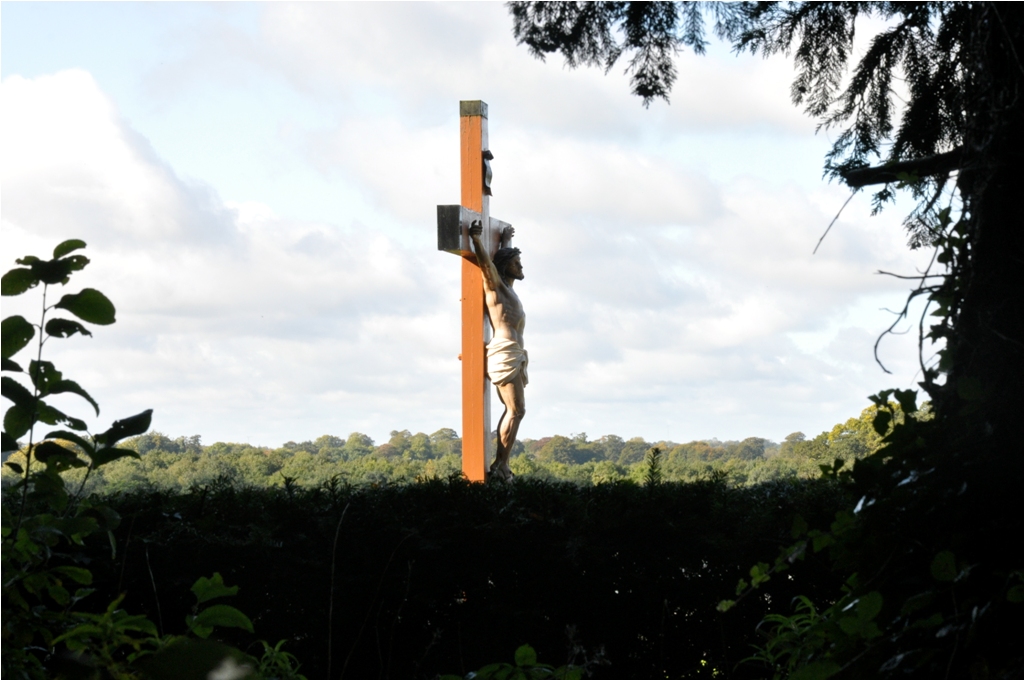To Search is To Find
When I assured a friend that I will pray for the eternal repose of her father, she responded with an invitation to rather pray for them, the bereaved family, for strength. She continued with, “We do not pray for the dead for it is the dead now praying for us.” I was a bit surprised for she too is a Catholic engaged in a religious group. They do not really grieve that much for they have to “take delight in the promise of the resurrection”.
I am wondering, do we, Catholics, have varied beliefs on praying for the dead, the resurrection and the need for grieving for the loss of a loved one?

Praying for the dead has always been part of the Catholic tradition. This was profoundly captured in Paul’s Second Letter to Timothy 1:18 in which the apostle asked Timothy to pray for a man named Onesiphorus who had died. He wrote, “May the Lord grant that he will find mercy from the Lord on that Day.” Paul remembered him and was grateful to his help when he was imprisoned in Ephesus. He said, “Onesiphorus often gave me a new heart and was not ashamed of my chains.” Paul remembered him fondly and he also prayed for this man’s family.
The important word in this biblical passage from Paul is mercy. We pray to God that He will grant mercy to our loved ones who passed on. I think it is a beautiful tradition we have. The living still shares a real and deep connection with the dead. It is part of our belief in the communion of saints. Our Christian life is not simply a private affair, we belong to a community. However, this community is an imperfect community that journeys towards union with God. In the celebration of the Eucharist, we acknowledge that we are a “pilgrim church on earth.”
The passing on of our loved ones from this life to the next does not separate them from our community. We are a community of believers including those who have gone before us. But as imperfect pilgrims, we continue to pray for one another especially praying to God to be merciful to us in our imperfections. We also believe that our loved ones who have passed on from this life are praying for us. As a community of Christ, we hope to also share in the glory of his resurrection which is not for us to decide but rather a gratuitous gift from God that is already realized in the resurrection of Christ. Thus, the Catechism for Filipino Catholics, in speaking of our funeral rites where we pray for the dead states, “God is worshipped, the paschal nature of Christian death is proclaimed, and the Christian hope for the reunion of God is strengthened” (CFC no. 1841).
For us Filipino Catholics, we also respect the grief of loss of our loved ones, in a sense that we no longer experience the person who passed on as we used to. There is a sense of absence that we feel because we could no longer feel the person through his/her bodily presence. This is a kind of loss. But there is also a consolation that one’s life does not end in physical death. This person’s presence is felt differently now, for instance through our memory of that person. Our remembrance of the dead connects us to the dead and makes the dead present to us. It is our memory of love that connects us to them and this love is grounded in the love of Christ for us. This relationship of love in Christ makes all the difference.
Prayer connects us with our loved ones in the afterlife and through our prayers we continue to cherish their life as part of us. It means a continued relationship and also a desire for reconciliation of things that are left unresolved. We can still forgive the dead and they can forgive us, too. As a Christian community, we are also a reconciling community because God continues to call us towards reconciliation. We are reconciled to God through Christ and we must be reconciled also to one another. Reconciliation is not only for the living but for all who await for the coming of the final realization of God’s kingdom and glory.

